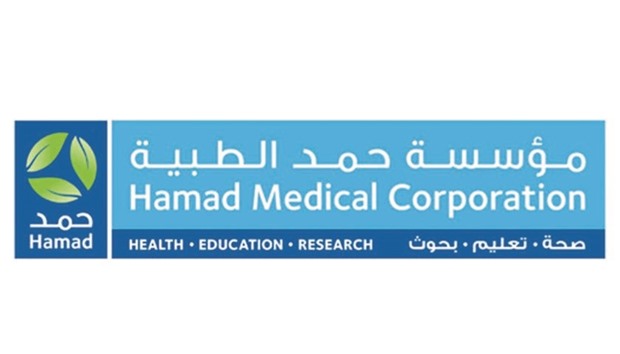Hamad Medical Corporation (HMC) will mark World Arthritis Day 2016 with a range of activities across its hospitals focusing on prevention and treatment of the condition.
World Arthritis Day is celebrated on October 12 each year. The theme for 2016 is – ‘The Future is in your Hands – Protect Your Joints.’
According to estimates, more than 350mn people are affected by arthritis worldwide.
Arthritis is not a single disease rather a way of referring to joint pain or joint disease. There are more than 100 different types of arthritis and related conditions. People of all ages, sexes and races can and do have arthritis.
Dr Samar al-Emadi, chief of the rheumatology department at Hamad General Hospital said the events will run until Wednesday and will be open to patients, visitors and staff.
“Information booths will operate in the main lobbies of Hamad General Hospital (HGH), Al Wakra Hospital, Al Khor Hospital and Qatar University from 8am to noon daily,” she said. “The booths are staffed with rheumatology physicians from HMC as well as volunteers from Weill Cornell Medicine - Qatar and Qatar University.”
Dr Abdul-Wahab al-Alaf, senior consultant in Rheumatology at HGH said the events include screenings of short, educational videos about arthritis. Patients and visitors will also be able to speak to experts about the symptoms, diagnosis and management of the condition.
Dr al-Alaf said that specialists at HGH see more than 100 patients each day living with arthritis and its symptoms.
He said: “Symptoms of arthritis include pain and the limited function of joints. Inflammation of the joints from arthritis is characterised by joint stiffness, swelling, redness and warmth in the area. Tenderness of the inflamed joint can also be present. Early detection and action is important to managing the disease and living an active life.”
Dr Bassam Awad, senior consultant in rheumatology at HGH, said arthritis symptoms may come and go and stressed the importance of early detection.
“They can be mild, moderate or severe. They may stay about the same for years, but may progress or get worse over time,” Dr Awad said.

